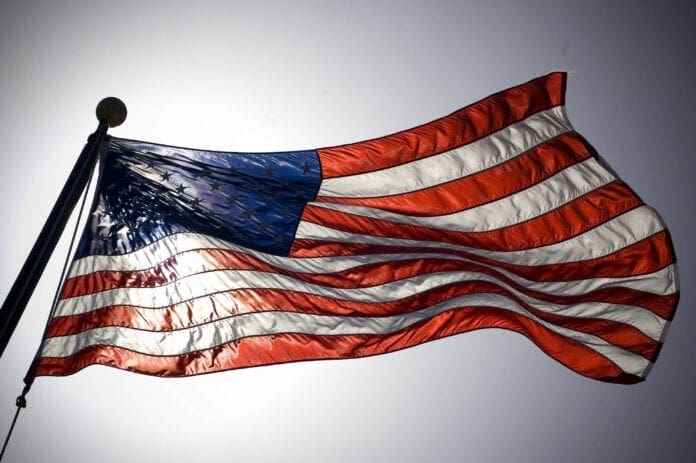When I’m around my contemporaries, there are conversations I work to avoid. Doctors, drugs, hospitals, and insurance are high on that list.
I also don’t like to wax poetic about the past. Today is as good as it gets, and when tomorrow starts it’s going to be better.
I do like to observe how things were different. An innocuous discussion about how back in the late 1970s if you were close to the legal intoxication limit, the police seemed to have a lot more latitude in how you were treated. History shows this to be completely accurate. Of course, this was before those brave, mad mothers helped us realize a real issue, but if you were foolish about it back then, you would lose your license.
Recently, while sitting at the bar in my daughter’s restaurant, I was talking about exactly this topic with a retired banker who I did a bit of business with some years back. We both agreed that back then we were more worried about our fathers than about what the police could do to us if we got caught driving under the influence.
The retired banker’s father was a Marine in the Second World War. Mine, a Drill Instructor. They were part of a community of veterans who were highly concerned with appearances and reputation. While they didn’t know each other, there was a commonality of experience. A special depth of understanding. They had fought through about the worst that humans could do to each other, and they knew what tied us together, and a critical part of any lasting success was reputation.
No police officer, no judge, no one could or would rattle us like our Dad’s could.
It was a combination of their expectation that they fought for the freedoms and the privileges that we enjoy, and how dare their offspring screw it up for themselves or others. Top of our list in any situation was to make these demanding men, our fathers, proud.
Their community was cohesive. The highest accolade any of them had was the fact that they served their country with honor and could therefore be depended upon. Reputation. WWII and Korean Conflict veterans knew it was everything, and they were going to make certain their children understood this essential message, and I think we did.
I was born near the very end of the “Baby Boom.” The men who were my teachers and my bosses were all WWII veterans. They were leaders and team players. They knew that together there was little they could not accomplish. They had an incredible influence on the Baby Boom Generation.
They grew up being influenced by men from the previous generation who were involved in “the war to end all wars,” and that wording carries special meaning when describing events that change everything. I knew few of them. All honorable men, but they never had the camaraderie and the esprit de corps of their World War II children.
I was close with my first and second-grade teacher, Mrs. Davidson. She retired at the end of my second-grade year, and contrary to popular belief, I didn’t drive her out of teaching, but I was a handful.
Being close to Myrtle Davidson meant you also knew her stepfather, “Dad” Gannon. He passed away in the late 1970s at the age of 105 years. He had an amazing quality of life right up to the end. I remember being called to hurry to Mrs. Davidson’s house, as she was worried that “Dad Gannon” would hurt himself.
He had hired some men to shingle a shed and was not happy with the work that they were doing, so he dismissed them and decided to do it himself. He had to be every bit of 103 years old at the time.
I spotted him on that project. I was probably 16 years old, and I filled the “fetch” role, but I also learned to wear a carpenter’s apron, and I was taught to nail the shingles just so. We talked – I was excited about attending American Legion Boy’s State to learn about how our republic functions and he was committed to continuing to lead bird-watching sessions at the local nature center. It’s something he’s been doing since the early 1960s.
He mentioned how fortunate I was to have the men in the community who had served and also gave back with important projects like Boy’s State. He said the men in his early life fought in a much different conflict, and when they returned to civilian life they had to pressure the government to do the right thing and provide them with benefits and consideration for their service.
That was during his early life. He was born about 1871. Of course, he was talking about the war between the states. As many will quip, there was nothing civil about it.
So here I am, in my mid-60s, realizing that some very basic truths and beliefs were passed down to me and that I was gifted the opportunity to touch truths from so long ago. I don’t believe subsequent generations let those soldiers in blue and grey uniforms down in any way.
I do believe we are at our best when we strive to live up to their expectations, do the right things, and continue to build our individual reputations. At the end of the day, that is all there is for each of us.
I think we should work to honor those who came before, and provided us with such and amazing starting point. Building our individual reputations, and living up to our parents’, and their parents’ expectations is so very critical to each of us because when I look in the mirror, I see my Dad over one shoulder and all the men and women who made a difference to me over the other shoulder.
I won’t let any of you down. Promise.


